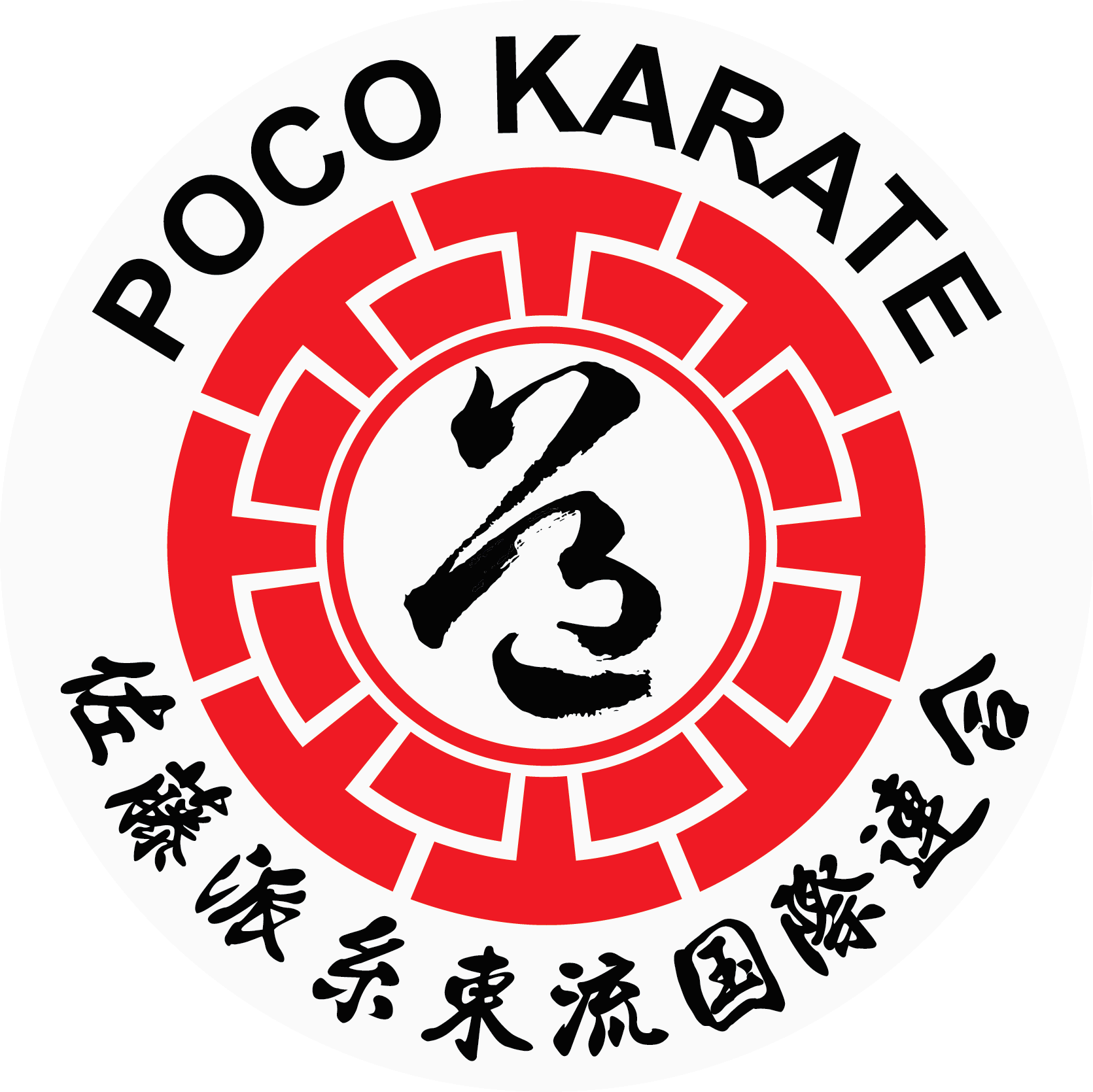What is the best martial art?
- pocokarate
- Aug 5, 2023
- 3 min read
This is probably the question that I get asked the most by the average person. It is also one of the most problematic and complex questions about the martial arts in general.
I usually immediately follow up with "What do you mean by best?" and here are the top clarifications from most people:
1) Which would be best in a fight or cage match?
2) Which one teaches you to hit the hardest?
3) Is yours better than <insert other martial art name here>?
4) Which one would win the most in a tournament?
5) Which one is most likely to keep me safe?
As you can see, most people are thinking about martial arts in terms of winning or being better than something else, which means that a person is already on dangerous footing (I'll explain more below). It is only question #5 above that starts to get us into a productive discussion about improving someone's life and reducing risks.
When I think of the "best" martial art, my answer is always going to be as follows:
"The best martial art is the one that trains you in effective self defence/self protection strategies, tactics, and techniques in a manner that allows you to train consistently over a lifelong duration while also teaching you the values of respect, integrity and humility" -Jascha Espley
It is the last word in my statement above which is probably the most important to the safety and protection of the individual. A healthy dose of humility is the number one factor in whether or not a martial artist is able to keep themselves safe. If the martial artist is overly concerned with ego and strong opinions about themselves or their style being better than others, it predispositions the person to an increased risk of being involved in unnecessary altercations.
Fighting is a high risk activity, no matter how skilled you are at any martial art. There is always someone better, bigger, stronger, trickier, more persistent, more heavily armed, or with more allies than you. In a fight, sometimes one person clearly wins (unharmed), and the other loses, but more often than not, both parties lose. In a recent crime stat from the UK, almost 40% of violent assaults involved more than one assailant, which effectively renders a lot of self defence strategies more harmful than helpful to the victim. I often share the following dark humour with my students: "In a knife fight, the winner is the one that dies last in the hospital". Even if you win in one altercation, violence always begets more violence...it is coming for you.
As far as effective self defence, any martial art that conditions a person physically and mentally to realistic (or near realistic) combat scenarios is going to be far more effective than martial arts that are concerned with acrobatics and flashy moves. The student must also learn about the legal and use of force considerations surrounding an individual's right to defend themselves. The mindset of your instructor and the willingness of the student to persevere through difficult lessons are also key factors in the effectiveness of the skill development. Like anything in life, you only get out what you put in.
PoCo Karate teaches traditional self defence that has been proven effective over hundreds of years. Karate is one of the original mixed martial arts and has been constantly in a state of evolution over time. From it's early influences of indigenous Okinawan fighting arts and Samurai jiujitsu, mixed with Shaolin derived Fujian White Crane Kung-fu and Chinese Kempo, it continues to grow and adapt to the times.










Comments